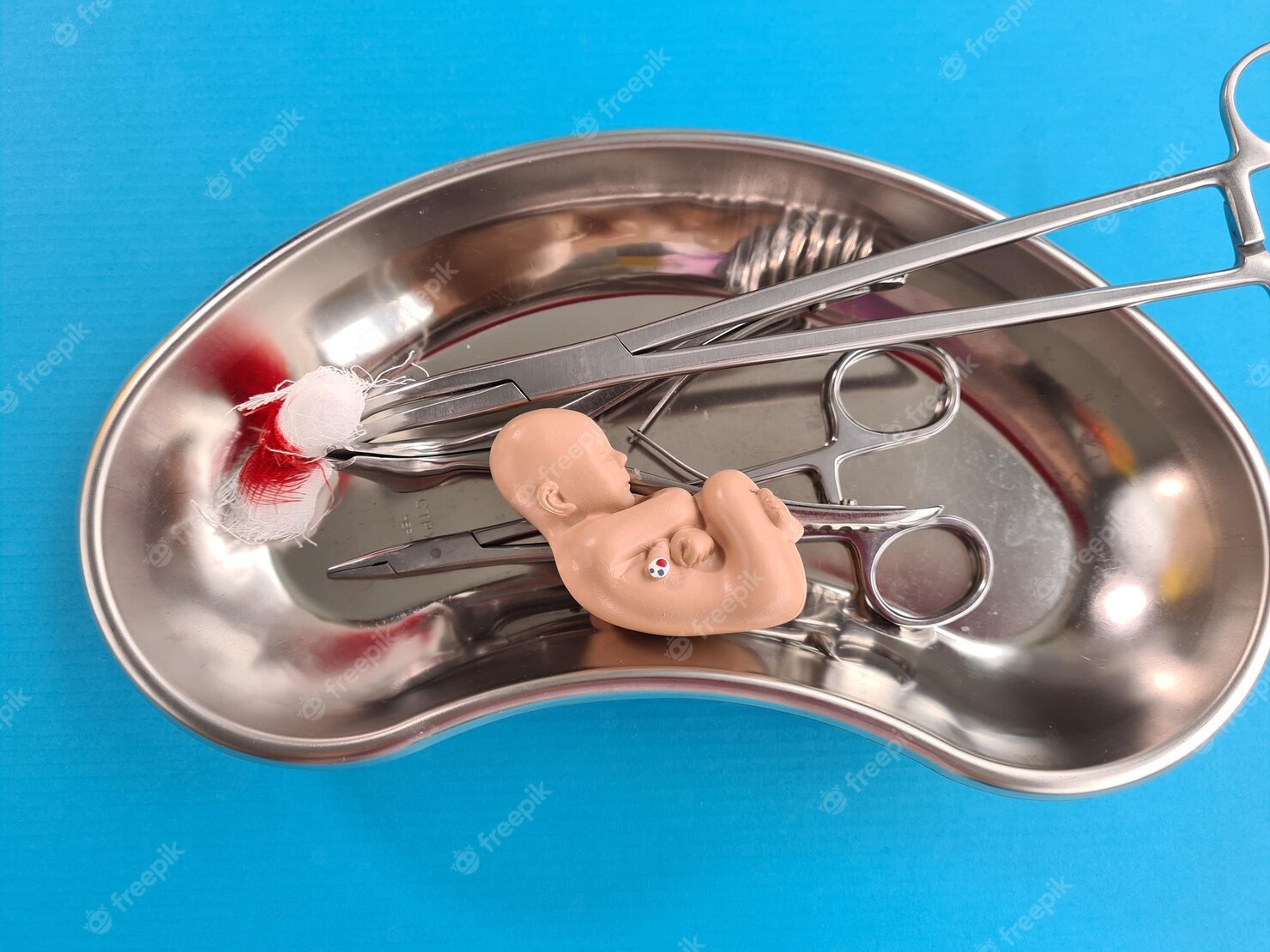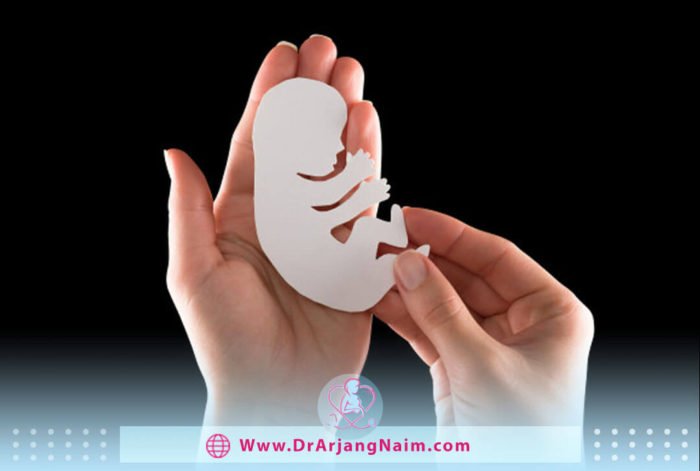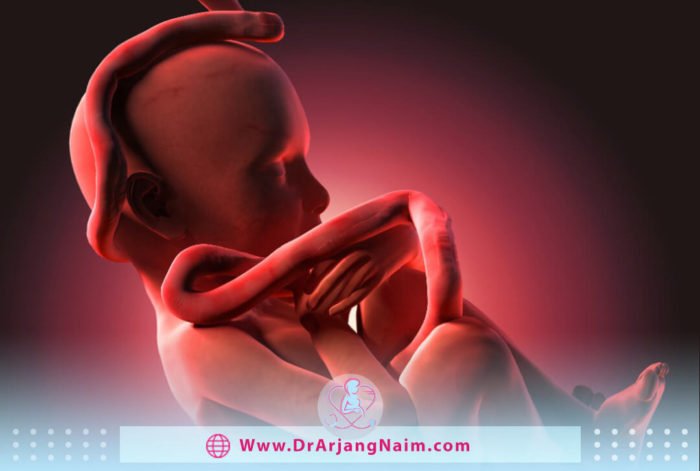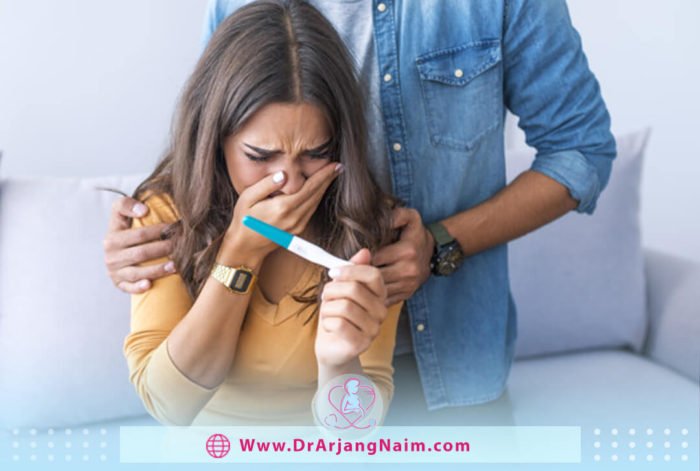Abortion
What is the abortion service?


Abortion services
Pregnancy is an entirely personal decision. Dr. Naim provides confidential abortion services for women in Los Angeles. So they can feel confident in their care.
Why do women have abortions?
There are many reasons why a woman may choose to have an abortion. Deciding to have an abortion is a deeply personal choice and, in many cases, a very difficult one. There are many reasons why a woman may choose to have an abortion. Some women decide to end their pregnancy for purely medical reasons. Your doctor may recommend an abortion if certain complications occur during pregnancy or if you have medical conditions that put you at risk. In other cases, the medical problem may affect the baby rather than the mother directly.


You may decide that it is best to terminate the pregnancy if the fetus has a severe abnormality that limits its life or has a significant physical or psychological impact. It is also safer to terminate the pregnancy in a controlled manner if there is a fatal fetal abnormality that would otherwise cause a miscarriage.
A mother’s mental health is as important as her physical health. If you are living with a mental health disorder or are concerned that continuing the pregnancy may exacerbate your symptoms, you may decide that abortion is the right choice. In some cases, taking the medication during pregnancy may not be possible.
You do not need to be diagnosed with a mental illness to need an abortion. You may experience negative emotions because of the pregnancy, the circumstances surrounding it, or the impact it can have on your life in the future. If you’re struggling to cope with childbirth anxiety or feel like you can’t continue a pregnancy, you may decide that an abortion is the best option for your mental health and well-being. Whatever reason a woman decides to terminate a pregnancy, the choice is hers.
About Dr.Naim
Arjang Naim is an established and highly skilled physician with over 20 years of experience in obstetrics and gynecology. He is the best ob-gyn in Los Angeles and surrounding communities. He has been practicing medicine since 2001 from two locations in Los Angeles, an office near Beverly Hills and Beverly center, and the other in Hollywood across from children’s hospitals and Hollywood Presbyterian Medical Center.
After obtaining his Bachelor’s degree from UCLA, he spent four years in New York City to study medicine at the prestigious Mount Sinai School of Medicine. His residency in OB/GYN was at Maimonides Medical Center, which happens to be one of the busiest hospitals in New York.
Dr. Naim’s services in abortion
In addition to free pregnancy tests, Dr. Naim offers abortion and termination of pregnancy. Both scheduled appointments and walk-in visits are welcome. Ultrasound and laboratory, if necessary, are performed on-site. He also offers a full range of birth control options, making it easy to discuss contraception during the follow-up visit.


Medical abortion
A medical abortion uses medication to abort the fetus alone. Medical abortions can usually be performed up to about nine weeks of pregnancy. You will most likely need to see a doctor twice during the abortion process. You will be given medication to take to the office at the first appointment and another dose at home. After taking the medication, you expect vaginal bleeding for about two weeks. During your second visit about two weeks later, Dr. Naim confirms that the medical abortion was successful and ensures you are well.
Surgical abortion
Surgical abortion in the first trimester uses a vacuum to remove the fetus from the uterus. During the second trimester, D&E (dilation and evacuation) is performed to expand the cervix and remove tissue in the uterus. You need someone to take you home after an abortion and expect to have vaginal bleeding in about two weeks. During your follow-up, Dr. Naim will examine you to ensure your recovery is going well.


Risks of an abortion
Abortion is a safe procedure with less pain and bleeding early in pregnancy. Most women will not experience any problems, but there is a small risk of complications, such as:
- Excessive bleeding
- Infection of the womb (uterus)
- Some of the pregnancy remains in the womb
- Damage to the womb or entrance of the womb (cervix)
If complications occur, you may need further treatment, including surgery. Abortion will not affect the chances of getting pregnant again and having a natural pregnancy. You may be able to get pregnant right away after a miscarriage. You must use contraceptive methods if you do not want to get pregnant.
Did you know?
There are several types of abortion available.
There are different types of abortions, and which one you should have usually depended on how far along you are in your pregnancy.
Before any action, the doctor must first make sure that the pregnancy is actually in the uterus. Usually, this diagnosis cannot be made until about six weeks.
There is a medical abortion where pills are taken that end the pregnancy by forcing the uterus to expel the pregnancy tissue. Medical abortion can be done at home in the first nine weeks of pregnancy. If done within the first eight weeks, it is up to 98% effective. At nine weeks, it is nearly 96% effective, and at ten weeks, it is about 93% effective.
Also, surgical abortions, where a healthcare professional uses medical instruments to surgically remove the pregnancy from the uterus. Surgical abortion is effective 99% of the time.
In the first trimester, vacuum aspiration or suction curettage may be used. This method uses suction to empty the uterus. Beyond that, dilation and evacuation (D&E) are used. In this method, in addition to medical tools, suction is used to remove pregnancy tissue from the uterus.
Customer reviews
Frequently Asked Questions
The WHO is a good place to start for evidence-based information on aspects of abortion care.
Most abortions are provided by clinics specializing in abortion and reproductive health care. Abortions are also performed in private doctor’s offices, hospitals, and clinics.
Research shows that abortion does not increase women’s chances of depression or cancer and does not affect future fertility.
Most people recover quickly after an abortion, but your recovery may depend on the type of abortion and how far along you are in the pregnancy.
- Sepsis or Septic shock
- Uterine perforation
- Infection of the uterus or fallopian tubes
- Scarring of the inside of the uterus
- Incomplete abortion, requiring an additional surgical abortion procedure
- Damage to the womb or cervix
- Excessive bleeding







